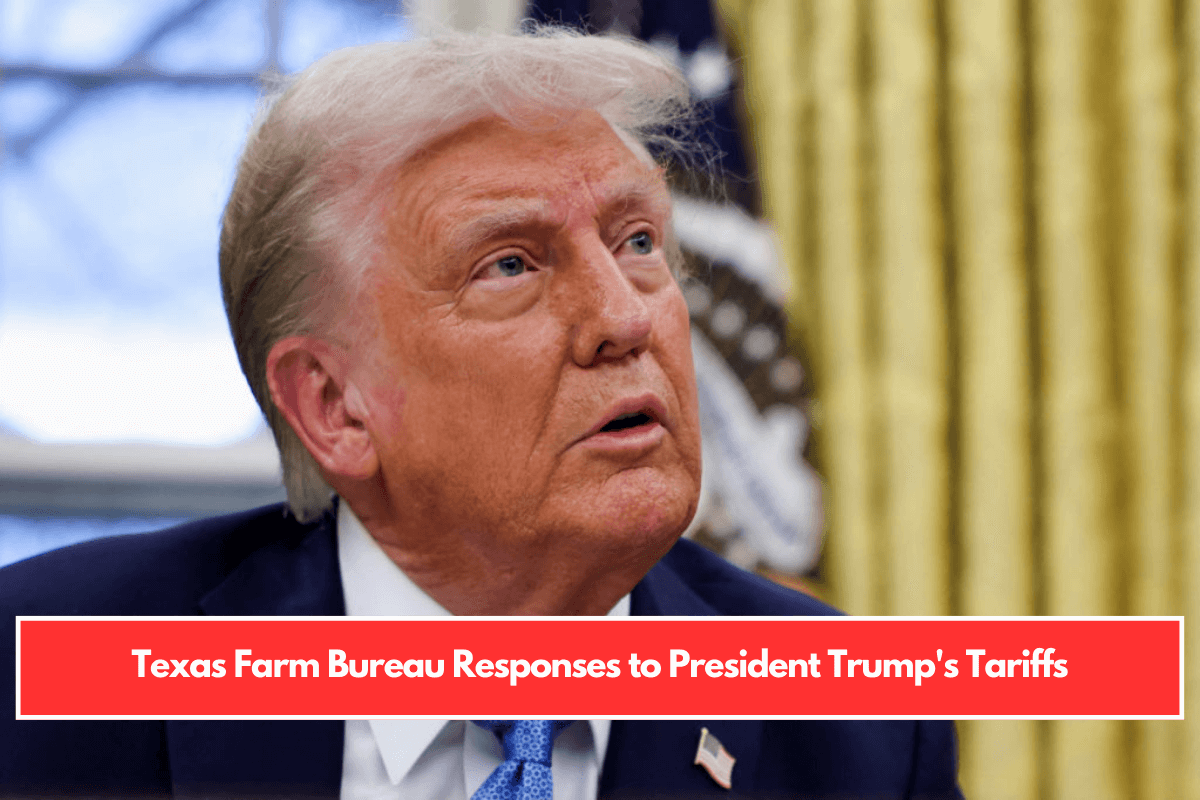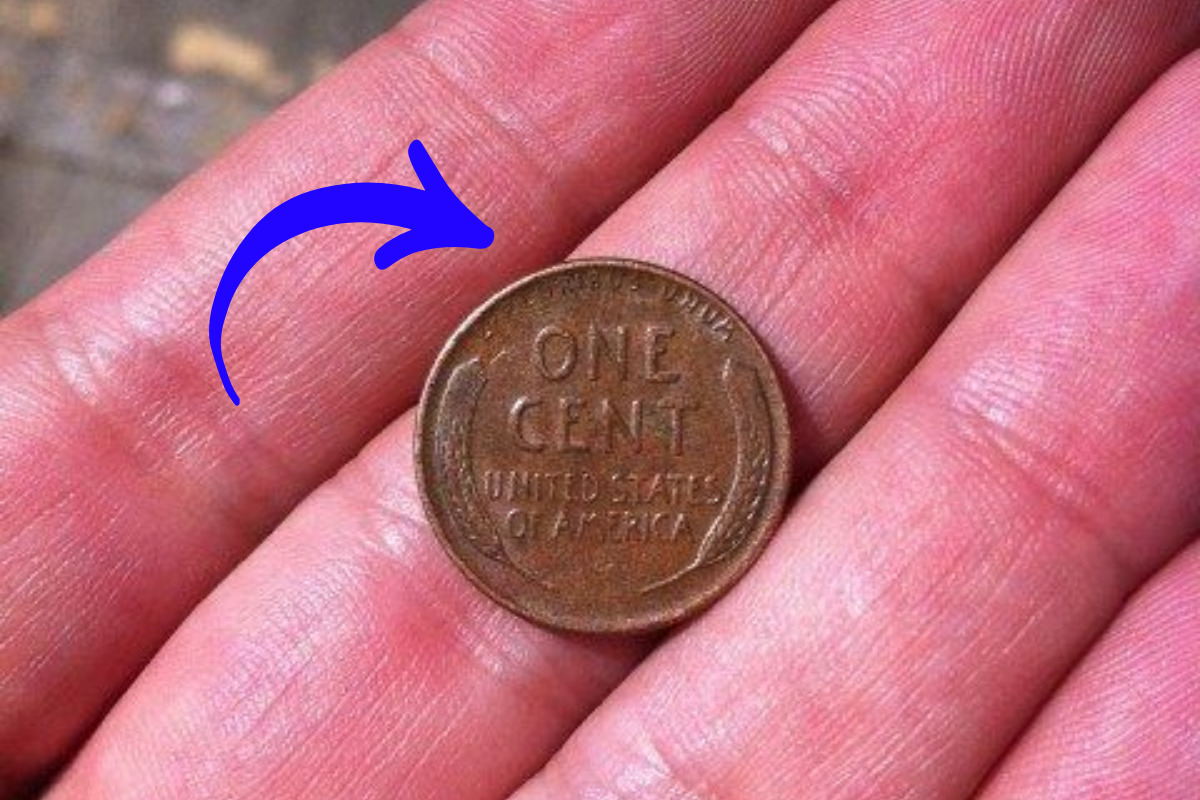Waco, TX (FOX 44) – The Texas Farm Bureau has released an official statement addressing the recent tariffs imposed by former President Donald Trump on imports from Canada, Mexico, and China. The statement, issued by Texas Farm Bureau President Russel Boening, highlights both concerns and expectations from the agricultural community regarding the economic impact of these tariffs.
Texas Farmers Expected Tariffs
In his statement, Boening acknowledged that Texas farmers and ranchers were not surprised by the implementation of tariffs, as they were a key economic strategy during Trump’s first administration.
“Texas farmers and ranchers anticipated tariffs would be utilized by the Trump administration as an economic tool,” Boening noted.
Concerns Over Rising Production Costs
While the agricultural sector was prepared for the possibility of tariffs, there are growing concerns about their impact on the cost of agricultural inputs—such as equipment, fertilizer, and feed. Boening emphasized that increased production costs could create serious financial strain for Texas farmers and ranchers.
“Higher costs of production are very difficult to absorb. Profit margins in many sectors of agriculture are currently extremely thin or non-existent, and higher costs of production cannot be passed on to the consumer,” he explained.
This is particularly troubling for small and medium-sized farms, which often operate on narrow profit margins. Unlike other industries, farmers cannot easily raise prices to cover increased costs because commodity prices are largely dictated by global markets.
Trust in the Trump Administration’s Support for Agriculture
Despite these concerns, the Texas Farm Bureau remains hopeful that the Trump administration will continue to prioritize the needs of U.S. farmers.
“The Trump administration supports U.S. agriculture, and Texas Farm Bureau trusts the administration will protect the interests of farm and ranch families as it makes economic decisions,” Boening stated.
The Bureau acknowledges that while tariffs are intended to strengthen the U.S. economy, they can have unintended consequences for American agriculture, which heavily relies on affordable imports and stable export markets.
The Bigger Picture: How Tariffs Affect Texas Agriculture
Texas is a major agricultural state, producing a wide range of crops and livestock. Tariffs can affect:
- Input Costs: Higher prices for equipment, seeds, fertilizers, and other essentials.
- Export Markets: Retaliatory tariffs from other countries can limit demand for U.S. products.
- Profit Margins: Farmers may struggle to remain profitable with rising costs and limited pricing power.
The Texas Farm Bureau’s statement reflects the broader concerns within the agricultural community about the long-term impact of tariffs on farmers’ livelihoods. While there is trust in the government’s support, there’s also an urgent call for policies that ensure the sustainability of farming and ranching businesses across Texas.
FAQ
What did the Texas Farm Bureau say about the new tariffs?
The Texas Farm Bureau expressed concerns that tariffs imposed by the Trump administration could increase production costs for farmers and ranchers in Texas.
Why are Texas farmers worried about tariffs?
Farmers are concerned because tariffs can raise the cost of agricultural inputs like equipment, seeds, and fertilizers. Since profit margins in agriculture are already thin, these costs are hard to absorb.
How do tariffs affect Texas agriculture?
Tariffs can lead to higher costs for imported goods that farmers rely on, and retaliatory tariffs from other countries can limit the export market for Texas agricultural products.
Does the Texas Farm Bureau support the Trump administration?
While the Texas Farm Bureau trusts that the Trump administration supports U.S. agriculture, they have voiced concerns about the economic impact of tariffs on farming families.
Can farmers pass increased costs to consumers?
No, farmers typically cannot pass increased costs to consumers because agricultural prices are influenced by global markets, not individual producers.







